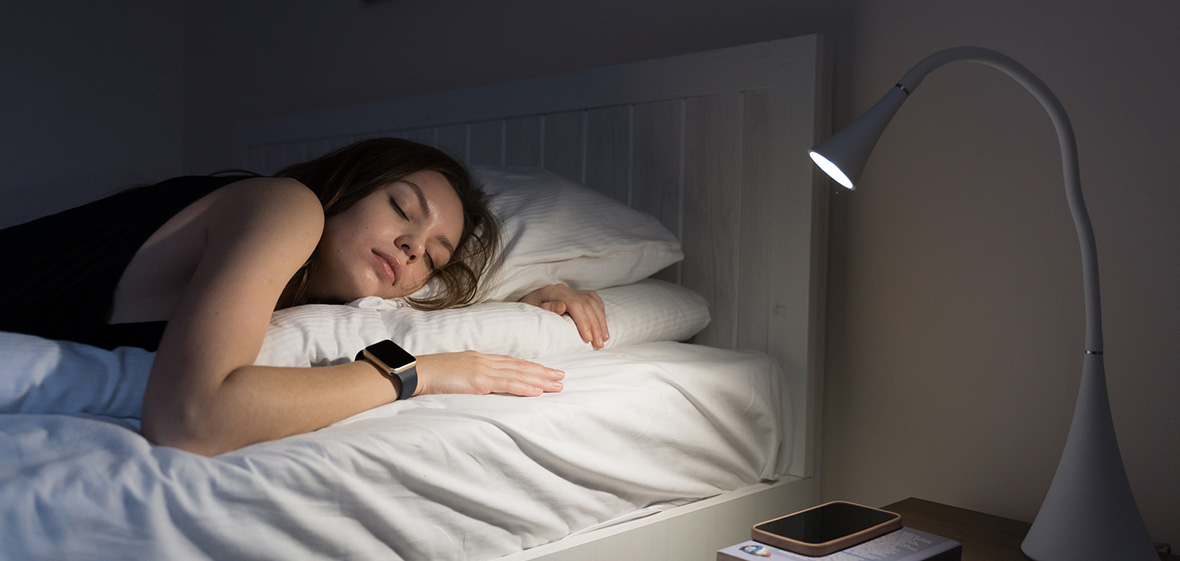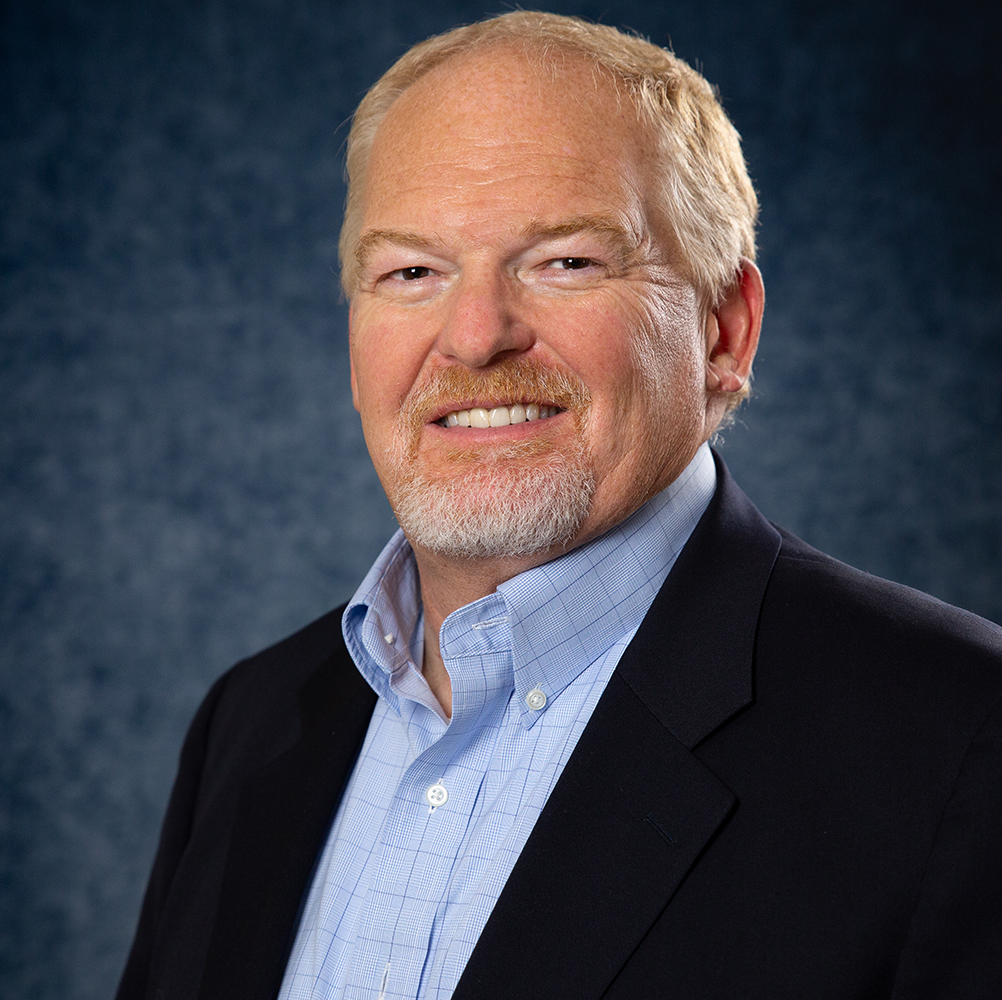
When you see the word REM, you might think of the band. However, the REM (rapid eye movement) cycle is extremely important to help you get high-quality sleep each night, according to the Sleep Foundation.
The REM cycle helps the body complete several tasks and is crucial for brain health. It even helps you process emotions.
The REM cycle repeats several times throughout your sleep period. About an hour to an hour and a half after you fall asleep, you will usually have your first period of REM sleep. Your total sleep cycle for a sleep period involves many repeats of three categories of non-REM sleep and one instance of REM sleep.
Each time through the four categories of sleep takes an hour and a half to two hours to finish, and with each repeat of the cycle in your sleep period, you spend more and more time in REM sleep. REM sleep is most common in the second half of your sleep period.
The sleep stages are:
- Light Sleep (Stage One): You have regular breathing and your brain waves are slowing.
- Light Sleep (Stage Two): Your body temperature and heart rate drop slightly, and your body prepares itself for deep sleep.
- Deep Sleep (Stage Three): Your brain’s processes are the slowest they will be in your sleep period. You will be hard to awaken and if you are awakened, you may be temporarily unable to think clearly and may experience “brain fog.” Deep sleep is the sleep stage when your body tissues, muscles and bones are being restored and your immune system is being boosted.
- REM Sleep: Your brain’s processes speed up – in fact, they are similar to how they are when you are awake. During REM sleep, your breathing is irregular, you have a faster heart rate and your closed eyes are moving around quickly, even though your eyelids are closed.
Benefits of REM Sleep
REM sleep has many benefits, including:
- Promoting brain development
- Helping the brain process memories, knowledge and emotions
- Allowing you to have vivid dreams
- Preparing the body to wake up from sleep
The Amount of REM Sleep Needed
Adults only need about two hours of REM sleep each night. However, seven to nine hours of total sleep per night are needed for you to finish multiple repeats of the total sleep cycle. If you don’t get enough REM sleep, your brain may not be able to make as many cells.
Health Conditions That Can Impact REM Sleep
The following sleep conditions may affect your time in REM sleep:
- Sleep apnea: This disorder can reduce your time in REM sleep because your body may spend more time in light sleep for easier breathing.
- Nightmare disorder: REM sleep is the period of sleep where you’re more likely to have vivid dreams and nightmares that can wake you up easily.
- Narcolepsy: This disorder involves falling asleep at different times throughout the day. Individuals with narcolepsy immediately go into REM sleep when they have daytime sleep episodes.
- REM sleep behavior disorder: Individuals with this disorder may “act out” dreams they experience during REM sleep by jerking, kicking, punching or talking in their sleep.
Other factors that may affect your time in REM sleep include:
- Obtaining too little sleep
- Alcohol and other sedatives
- Some medications such as antidepressants and anxiolytics
Do I Need More Sleep?
If you experience the following, you may need to get more sleep:
- Forgetting items or tasks
- Feeling extremely sleepy during the day
- Having a hard time concentrating on tasks
Sleep deprivation can also be associated with other health issues, including:
- Heart disease
- Obesity
- Depression
- Diabetes
UofL Health – Sleep Medicine uses a multidisciplinary approach to diagnose and treat sleep disorders, helping you get the sleep you need. Our physicians are board-certified through the American Board of Medical Specialties. Click here to see all locations where we offer sleep medicine services.









